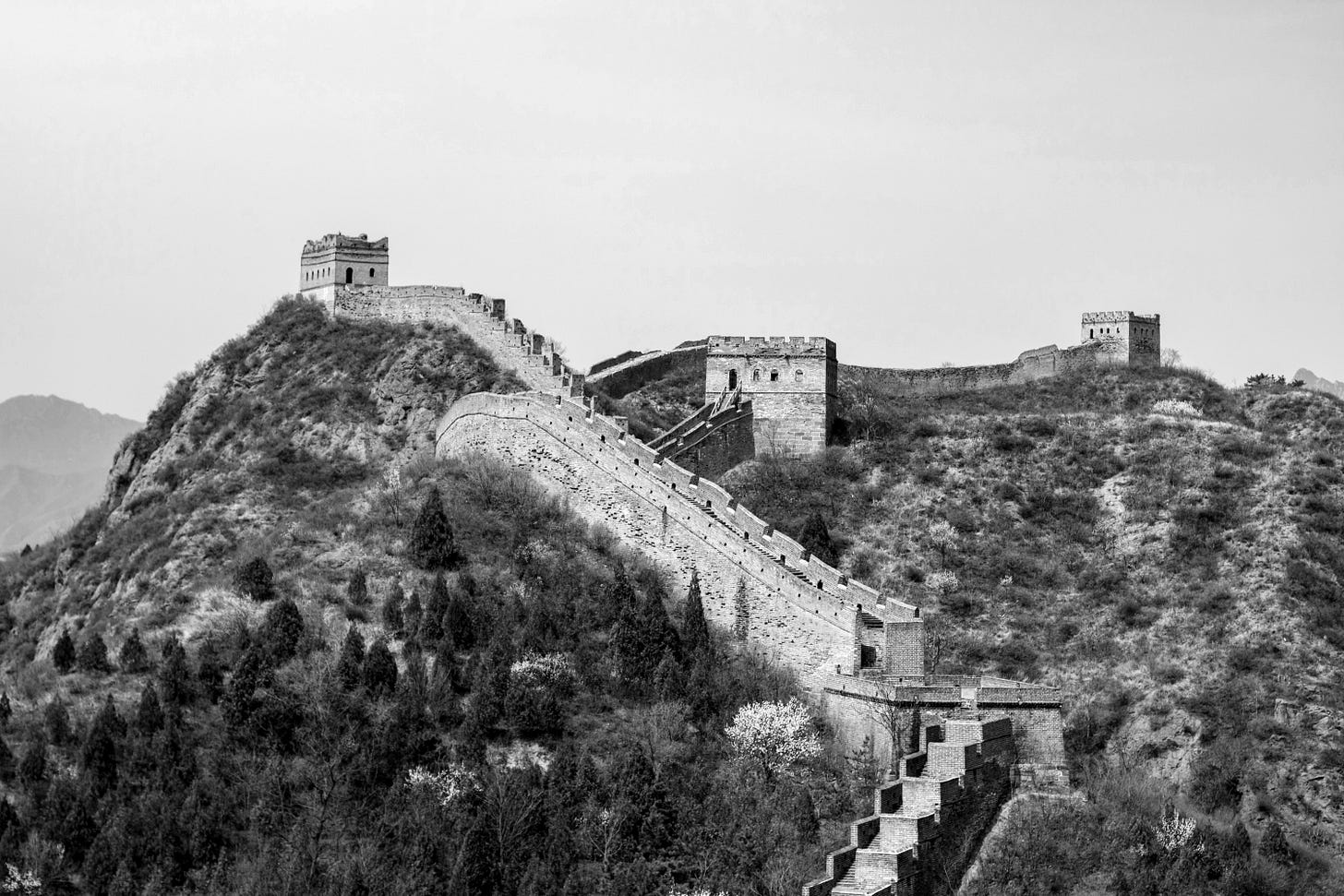Will Trump’s China Strategy Lead to a Trade War?
As U.S. tariffs on China jump to 125%, both sides are digging in for a prolonged standoff.

By pausing global tariffs on dozens of countries and raising them sharply on China, President Trump has triggered a high-stakes economic clash with Beijing.
Trump announced Wednesday that tariffs on Chinese goods would jump to 125%, declaring on Truth Social, “hopefully in the near future, China will realize that the days of ripping off the U.S.A., and other countries, is no longer sustainable or acceptable.”
While Trump’s team hopes the move pressures China into a deal, experts say the risk of long-term damage to global supply chains is growing. (WSJ)
China Doubts U.S. Leverage
Chinese officials say they will stand firm and wait Trump out, confident that showing weakness would invite further pressure. Analysts warn this could mean prolonged higher prices for American consumers and no quick resolution in sight.
“The US is not going to be able to, on its own, bring China’s economy to the edge of destruction,” said Scott Kennedy of the Center for Strategic and International Studies. “As much as Washington doesn’t want to admit it, when China says you can’t contain China economically, they have a point.” (CNN)
Trump’s Gamble: Isolate China, Win Everywhere Else
After Trump declared on Truth Social that Chinese imports would be taxed at 125%, Treasury Secretary Scott Bessent defended the move, calling it part of a long-planned strategy and accusing Beijing of showing “themselves to the world as the bad actors.” (AP)
Evan Medeiros, a former senior national-security official in the Obama administration, called the situation “a bad scenario for China,” noting that “everyone else cuts a deal with the U.S. and keeps trading with the U.S. [Now] China is isolated and facing more pressure.” (WSJ)
Beijing Reframes the Narrative
Earlier this week, Chinese Premier Li Qiang spoke with European Commission President Ursula von der Leyen, framing the U.S. tariffs as a clear case of unilateralism, protectionism, and economic coercion.
According to Li, China's countermeasures aim to defend both its own economic interests and the broader integrity of the international trading system. “Protectionism leads nowhere. Openness and cooperation are the right path.” Li said, as China begins rerouting goods to Europe and Asia. (WSJ)
Critics Warn of Economic Fallout
Analysts caution that the conflict will drive up costs for U.S. consumers and entrench global divisions.
“We are on a spiral,” said Steve Tsang of the SOAS China Institute. “Once it gets started it becomes a contest between two very strong-minded individuals.” (WSJ)
Do you think escalating trade tensions with China will hurt the global economy, or could it ultimately strengthen the U.S. position? Share your thoughts in the comments below!



